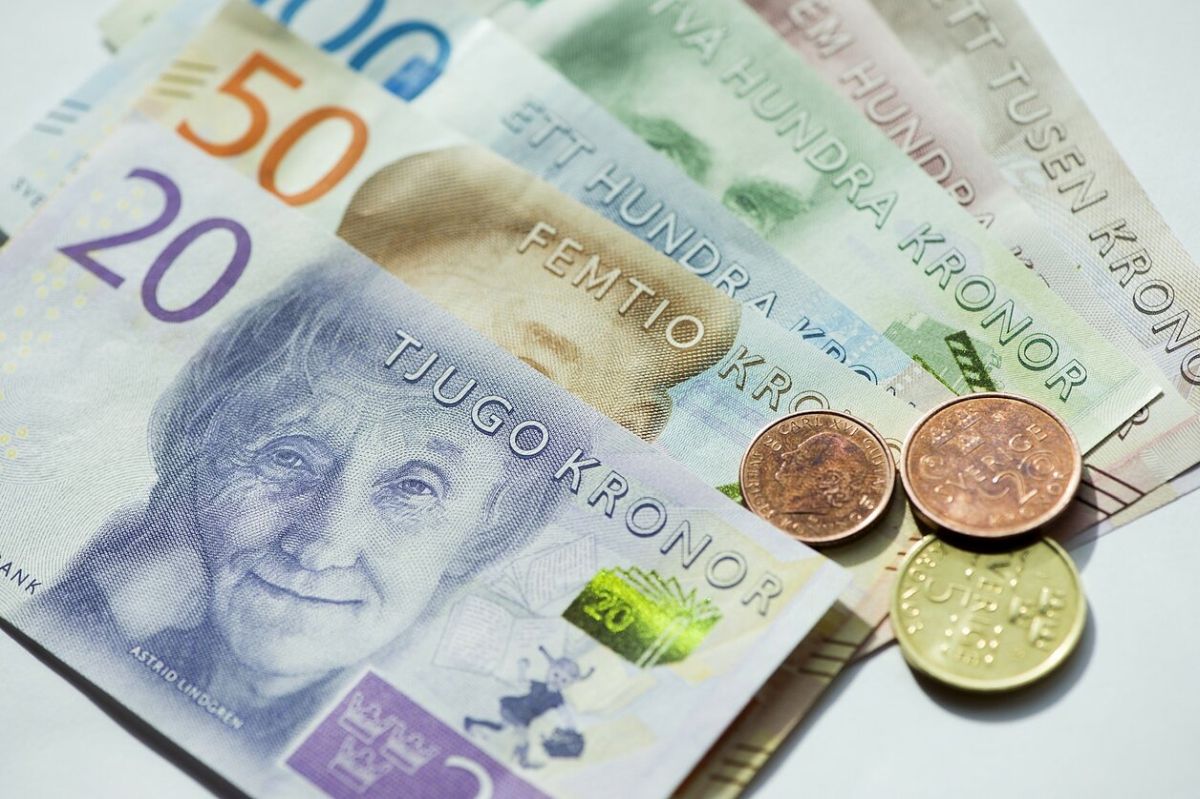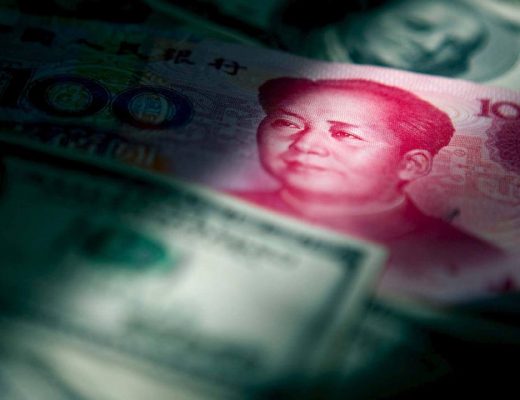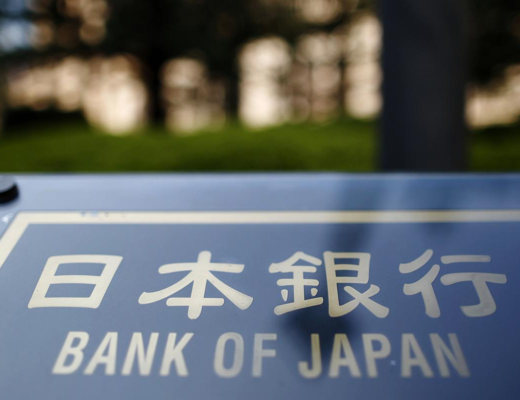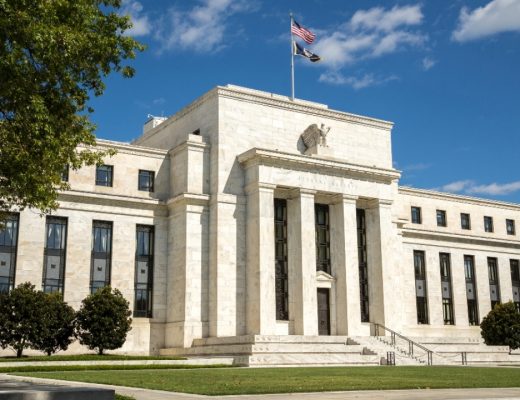How the rejection of quarantine has played into the hands of the Swedish economy
With the emergence of the coronavirus pandemic, many countries have introduced quarantine measures to reduce the rate of spread and the number of people infected. But there were other countries that decided to take a different path – not to introduce quarantine or use gentle restrictive measures. Sweden is one of the latter. And while other countries’ economies are still unable to fully recover from the shock, quarantine has had a positive impact on market development.
First of all, it manifests itself in the strengthening of the national currency. According to information from the European Central Bank, over the past 3 months, the Swedish krona rate to the euro is steadily going up. During this period, the currency has risen from 11.2 kronor for 1 euro to 10.4 kronor for 1 euro. And such dynamics was observed even during the pandemic, when many currencies, on the contrary, lost in price.
It should be noted that Sweden was against strict quarantine from the very beginning. The government did not impose any restrictions on travel abroad, did not prohibit access to the street. The country also did not stop working in public places. And the lack of these measures led to a large number of cases, but even this fact did not change the strategy of the Swiss authorities. Their actions were explained by the fact that they did not want to slow down the development of the economy and reduce its competitiveness in the world market.

In March, at the beginning of the pandemic, a fall of the crown was recorded on stock exchanges. The reason for this is the general mood of investors and their fears about the sustainability of the medical sector in the country. However, when they saw that the situation was under control, investments in the Swedish economy began to increase, and the national currency – to strengthen.
The state’s central bank has introduced a quantitative easing program over the past few months, with analogues being implemented in various EU countries. Its essence is that the regulator buys government bonds from commercial financial institutions. This leads to an increase in their value, but a decrease in the yield, the index of which affects the characteristics of future issues of securities. These actions allow banks to increase liquidity and provide further credit to the local economy. Recently, the Swedish Central Bank has increased its funding to €47.7 billion from €28.6 billion in the past.
These measures include weakening the national currency to keep interest rates at current levels and reduce investment in kroons. However, the currency continues to grow despite the actions of the regulator.










